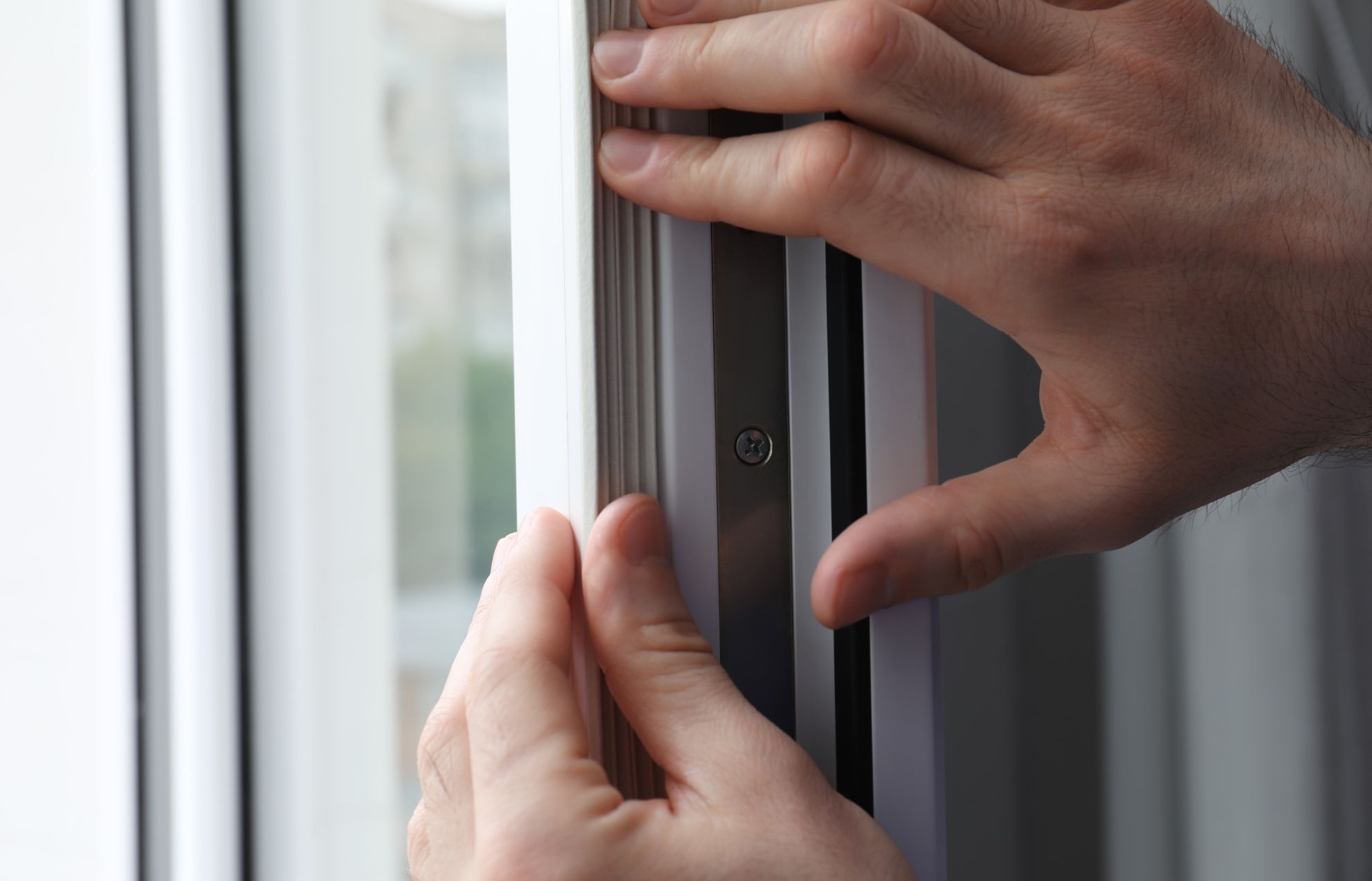Understanding the Building Regulations for Home Improvements
When it comes to doors and windows, homeowners often find themselves navigating a sea of regulations and certifications. One name that frequently surfaces in this context is FENSA.
But what exactly is FENSA, and is it a legal requirement for doors and windows?
Any replacement or installation of windows and fully glazed doors after April 1, 2002, requires either a self-certified FENSA certificate or an independently inspected building regulations certificate. This documentation is essential to verify the legal compliance of the windows and doors.
In this article, we’ll explore FENSA, the benefits, and its legal requirements in more detail.
What is FENSA?
FENSA stands for the Fenestration Self-Assessment Scheme and is an approved certification scheme in the UK for installers of replacement windows and doors.

Established in 2002, FENSA was set up to ensure installation companies comply with the Building Regulations, specifically around thermal performance and safety standards.
When an installer is registered with FENSA, or another trade body, it indicates they have agreed to adhere to government-set criteria on all replacement window and door projects.
Membership also certifies they will process any necessary paperwork, notify councils of work completed and issue compliance certificates to consumers.
Process and Requirements of FENSA Certification
To obtain FENSA certification, installers must undergo a rigorous assessment of their work. This process includes scrutiny of installations to confirm compliance with relevant building regulations and standards.
Benefits of FENSA Certification
FENSA certification goes beyond mere compliance. Homeowners benefit from the assurance of quality work, and the certification enhances the property’s value. Additionally, FENSA-certified installations contribute to energy efficiency goals.
- Regulatory Compliance: FENSA accredited installers ensure compliance with building regulations, providing peace of mind to homeowners.
- Quality Assurance: Installation by FENSA accredited professionals ensures high-quality workmanship and adherence to industry standards.
- Smooth Certification Process: Accredited installers streamline the FENSA certification process, reducing potential delays and complications.
- Enhanced Property Value: FENSA certification adds value to a property, making it more appealing to potential buyers.
- Consumer Confidence: Homeowners can trust FENSA accredited installers for reliable and compliant door and window installations.
- Energy Efficiency: FENSA accredited installations often contribute to energy efficiency, reducing utility costs for homeowners.
- Access to FENSA Services: Accredited installers have access to FENSA services and resources, staying updated on industry standards and best practices.
- Professional Expertise: FENSA accreditation signifies the installer’s professional expertise and commitment to excellence.
- Transparent Documentation: FENSA accredited installers provide transparent documentation, facilitating a smoother process for homeowners and regulatory bodies.
- Peace of Mind: Choosing an accredited installer ensures homeowners have confidence in the legality and quality of their door and window installations.
Is FENSA a Legal Requirement?
While FENSA is a widely recognised and respected certification, it is not a legal requirement in itself. However, it plays a crucial role in ensuring that installations meet legal standards.
Even though FENSA isn’t mandatory, its certification process aligns with legal requirements. Homeowners can consider FENSA as a reliable benchmark for compliance and quality.
Compliance with legal requirements ensures that installations meet recognised standards, providing homeowners with assurance regarding the quality and safety of their doors and windows.
Do I Need a FENSA Certificate to Sell My Home?
While a FENSA certificate is not a legal requirement to sell your home, having one can significantly enhance the selling process.
The certificate serves as proof that your doors and windows comply with building regulations. This assurance can instil confidence in potential buyers, demonstrating the quality and legality of the installations. It simplifies the process for both parties, avoiding potential delays or concerns regarding compliance.
If you don’t have a FENSA certificate, some kind of certification will be required to clarify that the building work meets the necessary standards.

What Happens If I Don’t Have A FENSA Certificate?
Without a FENSA certificate, you may face difficulties when selling your home as potential buyers might view the lack of certification as a red flag.
Additionally, not having a FENSA certificate can lead to issues with building regulations compliance and insurance claims. It’s important to ensure that all your doors and windows are properly certified to avoid any complications.
How To Get a FENSA Certificate
If your doors or windows were replaced, and you never received a FENSA certificate, there’s no need to worry. You can apply for a Retrospective Building Regulation Compliance Certificate from your local authority.
As long as there are no issues with the windows or doors in question, the certificate should be issued smoothly.
If you have concerns about the compliance of your doors or windows or if you’re uncertain, and you want an independent assessment, you can hire a third-party surveyor to inspect them.
The surveyor will provide reports and recommendations based on their findings, which can serve as supporting evidence when applying for your retrospective compliance certificate.
If you were initially issued a FENSA certificate but it has been misplaced, obtaining a new document is feasible. You can do this by reaching out to either the installer or the building control body that approved the installation.
They will furnish you with the necessary documents as proof. Alternatively, you can visit the Homeowners section of the FENSA website to reorder certificates for a nominal fee.
Why Choose a Certified Installer?
Given the complexities involved, most homeowners rely on experienced replacement window and door companies to ensure legal compliance. Choosing an installer registered with FENSA, or another trade body such as Assure, provides assurance that your project will satisfy the Building Regulation standards.
At Phair Windows, we’re an accredited Assure installer and supply windows and doors in various sizes and styles, all guaranteed to meet the highest standards. For a free quote on windows, doors, porches, conservatories, roof replacement, or roofline, reach out to our team today.
Related Articles:
- Assure vs. FENSA: What’s the Difference?
- 5 Causes & Signs of Double Glazing Failure
- How to Stop Condensation on Windows
- Should New Windows Have Condensation on the Inside?
- What is Double Glazing? How Does it Work?
- How to Stop Draughts From uPVC Windows
- How to Fix Blown Double Glazing & Clear Misted Windows












